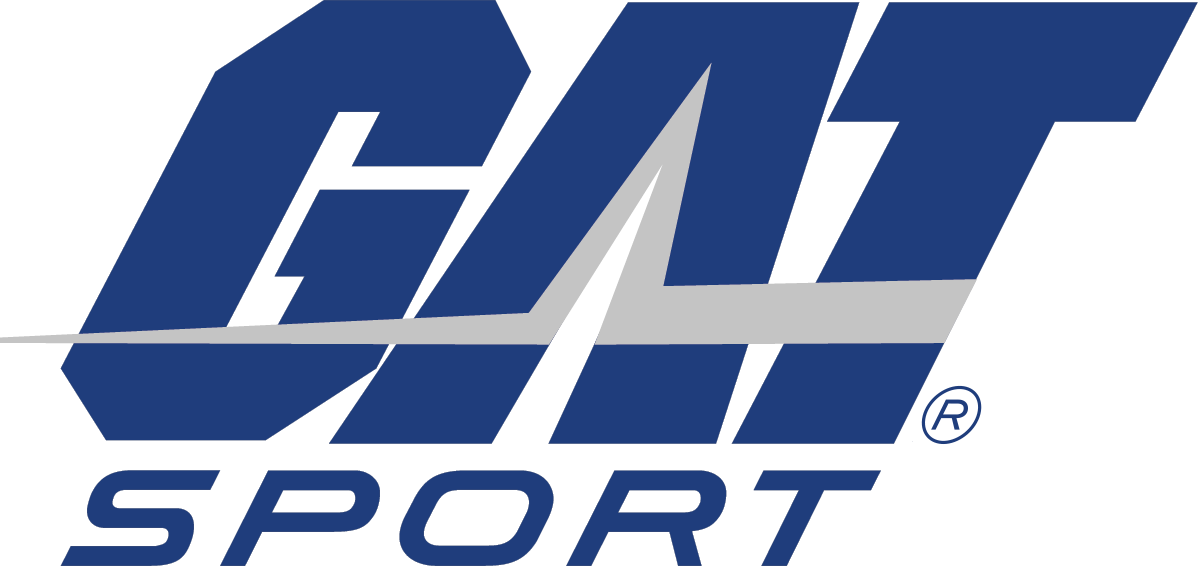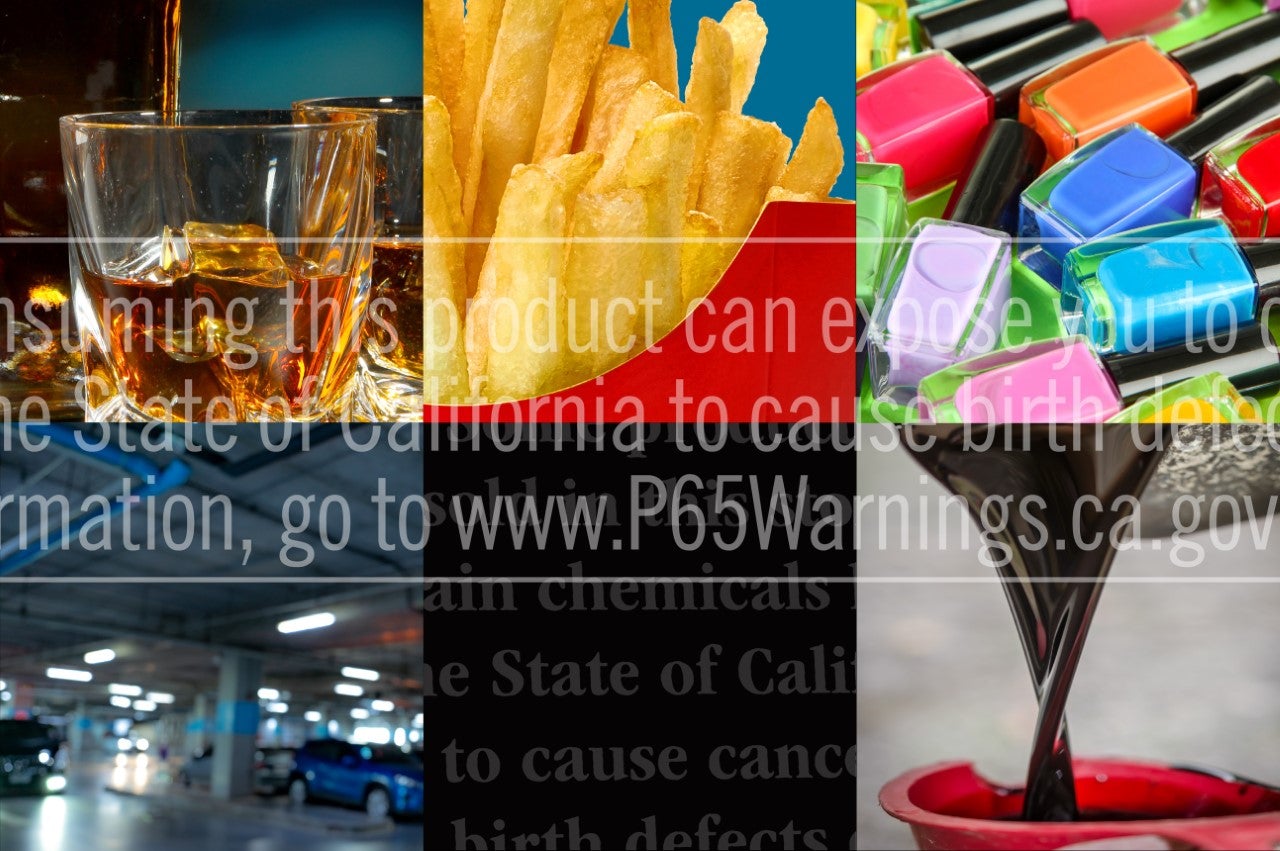
You’ve probably heard about Proposition 65, especially if you live in California. The 1986 “Prop 65” law now formally known as the Safe Drinking Water and Toxic Enforcement Act is designed to ensure that all Californians are informed to make knowledgeable decisions regarding their health. Today, it provides regulations with far-reaching meaning and impact.
Prop 65 is displayed on a lot of things in modern life — everything from restaurant menus to clothing tags. This article explains why.
What exactly is Proposition 65?
Proposition 65 was landmark legislation that was passed in 1986 with 63 percent approval by California voters. It requires businesses to provide clear warnings about a product user’s potential for exposure to chemicals known to cause cancer, birth defects, or other reproductive harm. These chemicals can be found in many products we purchase and many such as pesticides that are released into our homes and workplaces. It also requires businesses to ensure they do not discharge listed chemicals into sources of drinking water, and publish a list of chemicals known to cause cancer, birth defects, or other reproductive harm.
Almost thirty years ago, Proposition 65 was first passed to protect California citizens from toxicants (any toxic substance, whether naturally occurring or man-made). It’s required to be updated at least once every year, so what the law includes has grown and evolved with time. It now contains an extensive list including nearly 900 substances.
What types of chemicals are found on the list?
Prop 65 lists a very wide range of naturally-occurring and synthetic chemicals that are known to cause cancer, birth defects or damage your reproductive health with long-term exposure.
These hazardous compounds include lead solder, beryllium, and benzene hexachloride. Chemicals found in pesticides and common household products such as food additives, drugs, and cosmetic solvents such as nail polish remover, used engine oil and even some building insulation, carpeting and upholstery made the list.
Why does GAT Sport have the Prop 65 warning on their product page?
We willfully comply with Prop 65 by placing the warning message on a product whenever professional testing finds a detectable trace amount of lead at in the finished product.
It’s important to note that lead can be part of a mineral’s natural makeup of some soils where raw ingredients are grown. When lead or other heavy metals are present in soils, they can also be found in the plants grown in those soils, in trace amounts. Lead is never directly added to our products.
Products are analyzed to quantify the total amount of trace heavy metals in finished products. The U.S. Food and Drug Administration is responsible for monitoring and regulating levels of lead in food, food wares, dietary supplements, and cosmetics because of their potential to cause health problems.
All GAT products are professionally tested for heavy metal content per the Prop 65 requirements. We label the products based on the test results.
Should you be concerned?
Probably not. The Prop 65 label doesn’t specify whether there are smaller amounts of low-risk substances or big amounts of potentially harmful chemicals. The labels don’t say how much of a chemical is present, or how much it would take to cause illness. You can get an identical warning label on potato chips because of the acrylamide, or a warning about uracil mustard from chemotherapy medications.
It's always helpful to be alerted when we come across potentially harmful chemicals in our daily lives. But these warnings aren’t always helpful because not all doses of different chemicals produce the same results.
Can you imagine if a warning label accompanied every risk you took each day? You’d get a warning label driving on the road. Or, drying your nail polish under UV light. Or, just by standing in front of the microwave oven.
In fact, a manufacturer of electronic products for the home explained they’re legally obligated to warning labels on their products because of certain chemicals used in their power cords (bisphenol A), packaging (styrene), and the sticker on the outside of its models (Di-n-Butyl phthalate). They added that buyers probably won’t interact much with any of these. Why? It’s because “none of these materials come into contact with your food or beverage,” the representative said.
Of course, you may feel like you’re in danger with these clear labels and decide to go with unlabeled products. But you may be safer going with the companies who are clearly complying with these Prop 65warning label laws, rather than with unlabeled rivals.
After all, the companies that take the time to warn their buyers are actively testing their products. They’re most likely providing safer products than the unknown manufacturers from third-party sellers overseas. Such manufacturers may not be following any federal guidelines for safety from chemicals like lead paint or even cosmetics additives.
For more information about the FDA and Prop 65:
FDA: https://www.fda.gov/Food/FoodborneIllnessContaminants/Metals/ucm2006791.htm
Prop65: https://www.p65warnings.ca.gov


